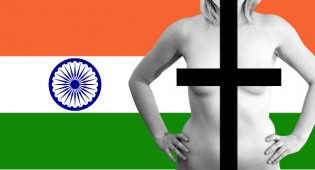Online Censorship vs. Individual Liberty in France

YNOT EUROPE – While Tunisia is about to introduce mandatory filtering of pornographic sites despite a financial cost estimated at between 72 and 79 million dinars, in France Member of Parliament Christian Vanneste recently proposed a law to block access to adult websites by default.
Vanneste said the law, now pending before the National Assembly, will protect minors from accidental encounters with online pornography. The proposal already has attracted criticism not only because it raises technical problems, but also because to many French citizens it represents an attempt to limit personal liberty.
Vanneste is undaunted.
“Every internet connection could admit access to pornographic sites after an explicit request to the subscriber’s internet service provider,” he said. “This is mentioned as one of the terms…. The advantage is that parental control would become unnecessary and the internet would pose no risk to children of under-informed parents.”
Some critics also worry about a risk to privacy implicit in the proposed law, which allows ISPs to monitor an internet connection’s usage. What is to stop ISPs from building dossiers on their customers’ surfing habits?
Yet another criticism is that automatic blocks easily can overreach, restricting access not only to porn, but also to sites devoted to sexuality, sexology and medical issues.
The bill likely will see debate for some time, as members of parliament appear divided about the issues. Some wish to see parents held accountable for their children’s online behavior, and others worry conservatives will use the bill as a springboard to excessive censorship under the guise of protecting children.
Comments are closed.





